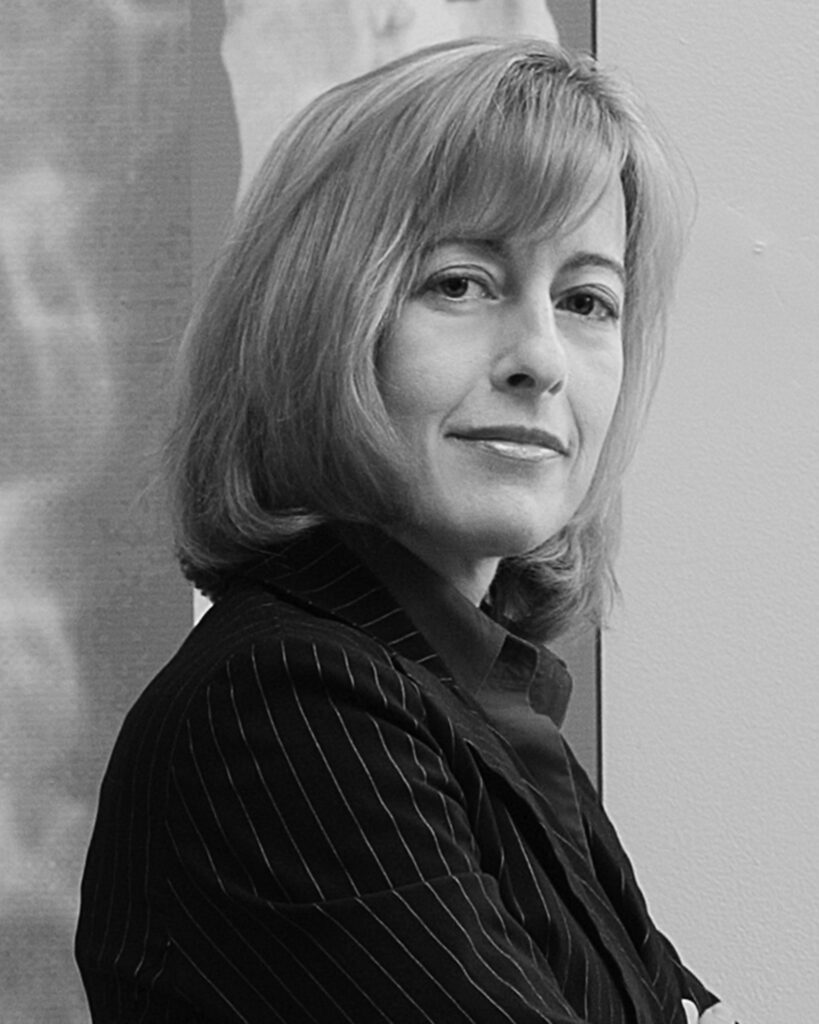
Ila Berman is an architect, educator, theorist, and curator of shows and content about architecture and urbanism and, from 2016 to 2021, Dean of the School of Architecture, and Edward E. Elson Professor at the University of Virginia. Her design work and installations have been exhibited in many public and private galleries and museums including the International Architectural Biennale in Venice, Italy. She regularly serves on national and international design juries including those for the AIA National and its chapters.
I often say that as a woman, a lesbian, and a Jew, I try to expose the invisible parts of my identity. It’s obvious that I’m a woman, yet unless I make it visible, nobody necessarily knows that I am gay or that I’m Jewish. Doing so enables me to better empathize with those who don’t have the choice of that privilege, but more importantly, by revealing the invisible parts of my identity, it might force others to openly confront their own prejudices. For me it’s not just that this is my own commitment to myself, this is part of my feminism. It’s also a way to educate the general public every single day. I can’t imagine how anyone would understand “otherness” or those things that they think might not be a part of the world that they operate or live in unless they experience it directly. I’m there to help others through the complexity of navigating difference and diversity. At the same time it enables me to recenter the world and live ‘out loud’ so to speak, in relation to my own identity.
Architecture has a very long and deep history of being exclusionary. It is only in very recent years, which is shocking for me, that women have been part of the discipline and profession and that issues around race or gender are being addressed. In some ways, architecture is only beginning to reckon with some of these things, without realizing how deep an influence they have over every level of practice.
Pride originated, not simply as a celebration, but more importantly as a form of protest and that protest had to happen within the most public of urban spaces as an expression of freedom and a way to make the personal political, a strategy familiar to feminism. The freedom to be and act in public space has always been a sign of privilege not granted to all. I think that’s an important idea to think about within the realms of architecture and urbanism because the focus of urbanism is about making great cities and civic and public spaces just as architecture is a public art. Architecture therefore has the opportunity to expose things that might once have been domesticated and reveal them. I think that’s a very interesting position to be in for architects, urban designers and landscape architects at this moment in history.
This interview has been edited for length and clarity.
Team Three is an editorial and creative consultancy based in Washington, DC.
